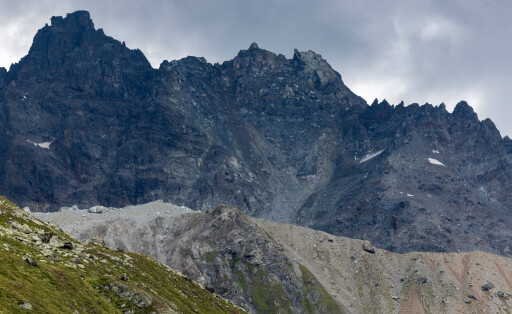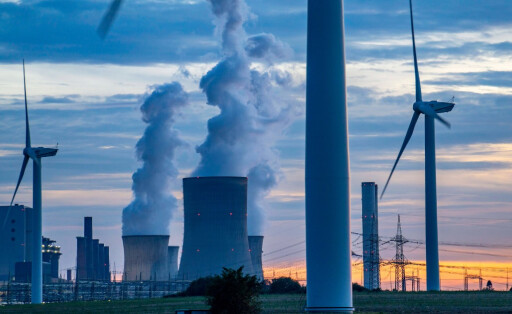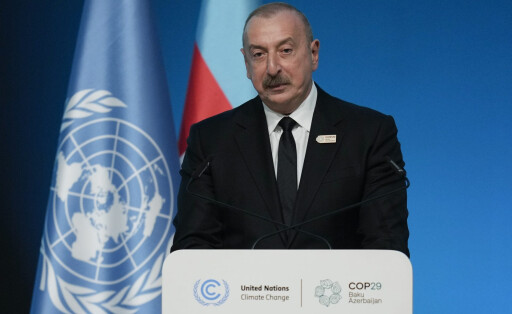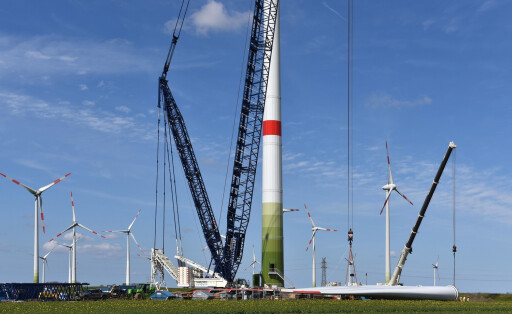
Permafrost: Irreversible damages if 1.5-degree limit is exceeded
A rise in temperature beyond the 1.5-degree limit will have irreversible consequences: Climate researchers warn of this in a report on the state of the ice sheets, which was published at the COP29 in Baku. Coastal and mountain regions in particular will not be able to adapt sufficiently.
By Lukas Bayer









